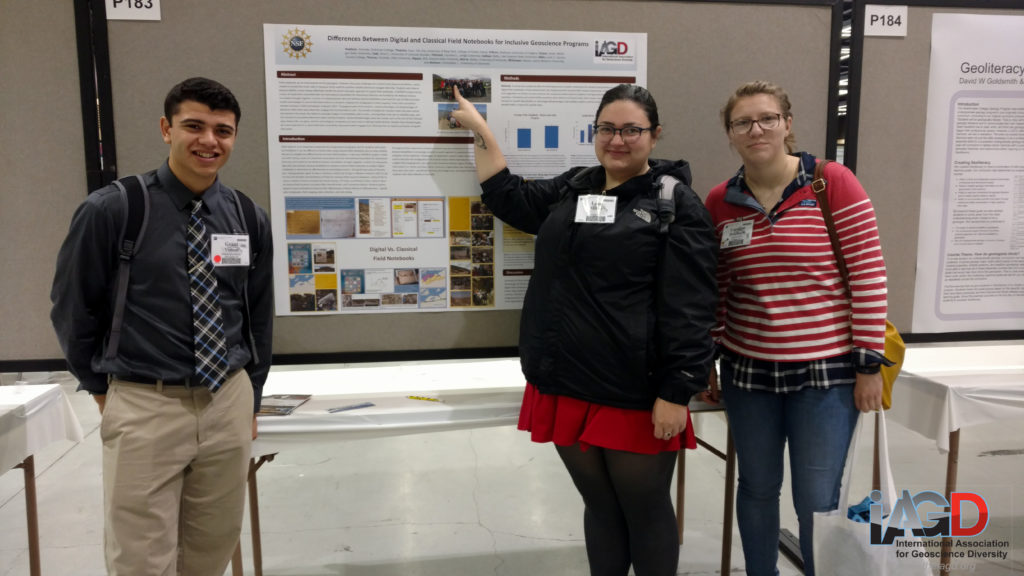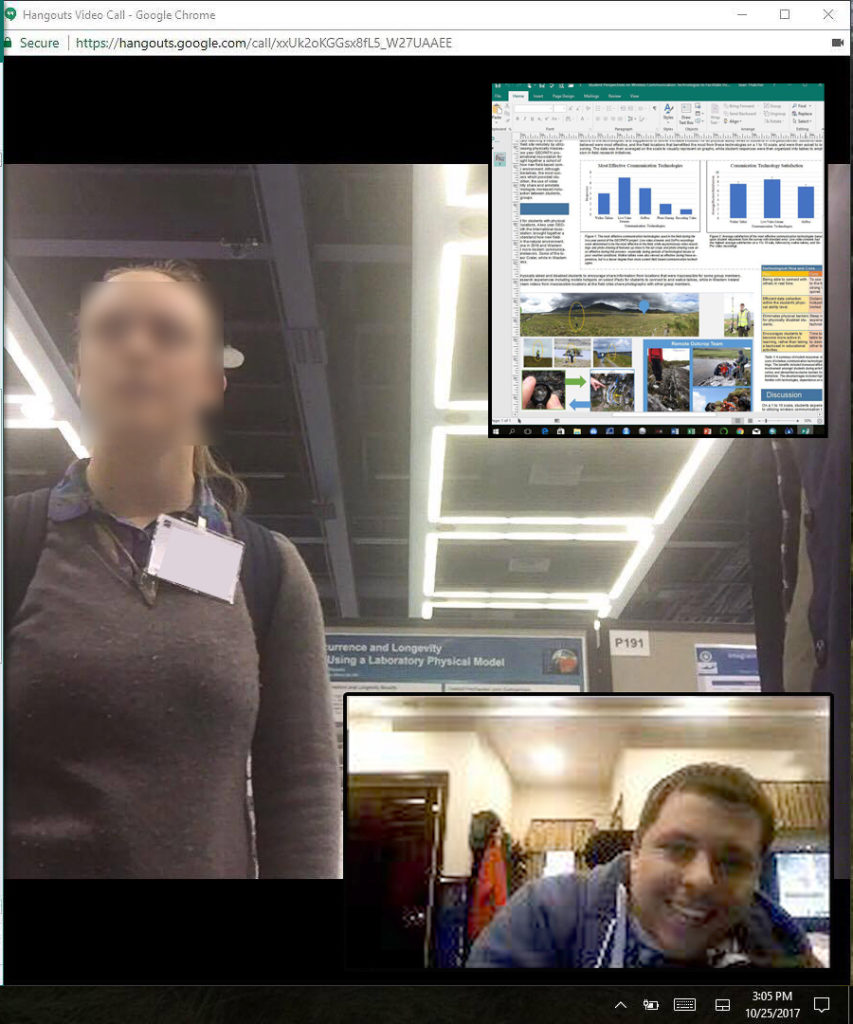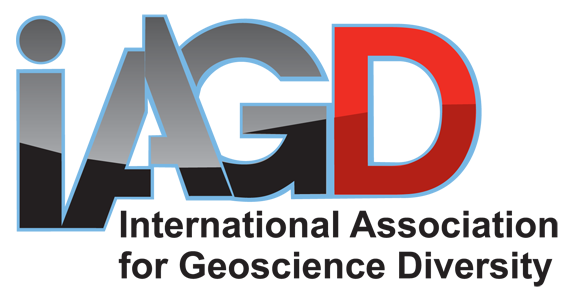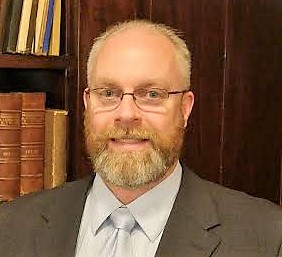Presenting research at local, regional, and national conferences is not only important to academics and professionals, but also for students. It allows students to develop valuable skills in communicating complex ideas, get feedback for future work on projects, and expand their network of professionals for graduate school or employment opportunities. For students with disabilities, presenting their work at conferences also increases awareness for disability inclusion at the professional level by highlighting the abilities of the students – not their physical or intellectual limitations. This is important in many fields, but it is especially important in STEM fields because of the under representation of this demographic. By presenting your work at these conferences students with disabilities are not only developing the professional skills that will benefit themselves in the future, but are also assisting in changing the way professionals view them in society.
At the Geological Society of America Annual Meeting in Seattle this past October, students in the IAGD Student Community presented two posters on “Student Perspectives on Wireless Communication Technologies to Facilitate Inclusion in Field Activities” (https://tinyurl.com/IAGD-Wireless) and “Differences Between Digital and Classical Field Notebooks for Inclusive Geoscience Programs” (https://tinyurl.com/IAGD-Notebooks) discussing their perspectives on how wireless communication technologies and digital field notebooks can facilitate inclusion in geoscience research initiatives – despite physical ability levels. The data presented was obtained from student surveys involved with the GEOPATH Project to provide their insights on the technologies utilized, their opinions on their usefulness in the field, and provide suggestions on future projects that promote disability inclusion in geoscience research initiatives.

Undergraduate students (from left) Grant Vinson, Leah Miller and Caroline Prichard present a poster by IAGD field trip participants at GSA 2017.

IAGD student members applied the ideals of enabling participation learned on the field trip by setting up a live-streaming app to enable me to participate remotely in interacting with conference attendees with my co-presenters.
Although some of the students involved have had experience presenting their own work at conferences previously, most students in these projects had not. This opportunity provided them a chance to learn the process of how to write an abstract, create and analyze survey data, develop a poster, and communicate their ideas to the geoscience community. Faculty and professionals at the conference were generally enthusiastic about the work presented by the students because issues they face on providing inclusive field trips or experiences for their own students with physical limitations. This assisted in developing great discussions at the poster, in which ideas were exchanged that encouraged academic inclusion without eliminating academic rigor.
For students – especially students with disabilities – it can be difficult to present their work at conferences because of travel costs, required accommodations, and other obligations students have for courses or in their personal lives. Recently there has been a push to increase the number of e-poster conferences to eliminate the need to physically travel to conferences, but to still be able to share your research with others. For example, the American Geophysical Union (AGU) hosts a Virtual Poster Showcase that students can apply to present their research. This year’s deadline for the Spring Virtual Poster Showcase conference is March 18 https://spring- 2018.vps.agu.org/, and there is typically another one in the Fall. If you are an undergraduate or graduate student currently conducting research and wish to share with your peers, this is a wonderful opportunity to participate in.




